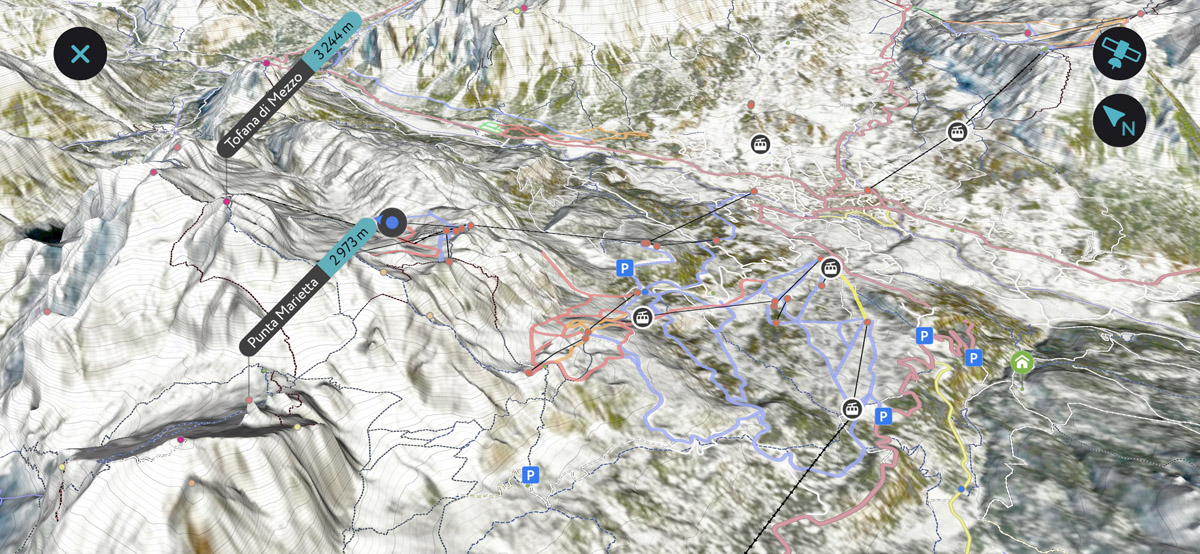Get PeakVisor App
Sign In
Search by GPS coordinates
- Latitude
- ° ' ''
- Longitude
- ° ' ''
- Units of Length

Yes
Cancel
❤ Wishlist ×
Choose
Delete
The Hozameen Range, also known as the Hozomeen Range, sits within southwestern British Columbia and northern Washington. This subrange of the craggy North Cascades is neighbored on the east by the Okanagan Range and the northwest by the (unofficially named) Coquihalla Range.

There are 94 named mountains in the Hozameen Range, but the largest and most notable peaks include Jack Mountain, Castle Peak, Mount Outram, Frosty Mountain and Hozomeen Mountain.
Jack Mountain, the tallest and most prominent in the Hozameen Range, is found in the North Cascades and appears entirely detached from surrounding summits. In fact, there are no mountains that come within 900 feet of its height for a considerable distance in all directions. The closest high-altitude peak, Crater Mountain, is three miles from Jack Mountain. Jack Mountain is considered an icon of the Hozameen Range because it can be observed and appreciated from just about every alpine summit in the North Cascades. However, it is a considerably difficult peak to climb and is rarely summited.

Castle Peak, the 42nd most prominent peak in Washington, sits within the Pasayten Wilderness. Just over a mile from the Canadian border, Castle Peak is a massif, complex peak and it’s North Face is popular amongst professional rock climbers.

The namesake peak in the Hozameen Range, Hozomeen Mountain, is a double-summit, rocky peak in the North Cascades. This jagged peak is commanding, steep, and dominates the landscape surrounding Ross Lake. Most visitors will catch a glimpse of Hozomeen Mountain from roadside turnouts along Highway 20. However, both the north and south peak are accessible with enough climbing and mountaineering experience.
The Hozameen Range also contains portions of Skagit Valley Provincial Park and all of E.C. Manning Provincial Park in Canada, as well as sections of North Cascades National Park in the states. All of these parks are popular for outdoor recreation and are visited by outdoor enthusiasts looking for a variety of hiking, climbing, or backcountry camping opportunities. Although some of the reputable Hozomeen Peaks are difficult to ascend, several of them are accessible via challenging trails and do no require considerable climbing or mountaineering experience.
Hozomeen Lake Trail - This 7-mile trail begins at the Hozomeen Campground and follows the eastern shore of the infamous Ross Lake. After following a ridge for approximately 2 miles, hikers will climb beyond the scenic Willow Lake before climbing to Hozomeen Lake which sits at over 2,800-feet.
Desolation Peak - This alpine stairmaster requires 1,000 feet of elevation gain each mile, so it’s not for the faint of heart. However, while the hike is considerably difficult, the views from the top of Desolation Peak are definitely worth the effort. On a clear day, hikers will appreciate views of Little Jackass Mountain, Hozomeen Mountain, Skagit Peak, and other notable Cascade peaks. Hikers can either start an 18-mile ascent via the trailhead or take a boat from Hozomeen Campground.
Lightning Lake - Lightning Lake, one of the more popular trails in Manning, is a stunning trail that traverses dense forest while looping around both sections of Lightning Lake and crossing the infamous Rainbow Bridge. The trail offers very little elevation, making it a peaceful walk in the woods. This trail is an easy option for a scenic day hike and is frequented by visitors looking to paddleboard or canoe during summer months.

Three Brothers Mountain - Located in the heart of E.C. Manning Provincial Park, Three Brothers has a base elevation of 1,500 feet but a total elevation gain of roughly 3,000 feet. Three Brothers Mountain is considered one of the most scenic hikes in the park. The trail traverses incredible alpine forest and through grassy meadows before reaching 360-degree views of the stunning, snow-capped surrounding cascade peaks including Mount Frosty and Mount Outram.
Frosty Mountain - Frosty Mountain is the highest peak in E.C. Manning and reaches over 7,000 feet in elevation. The Frosty Mountain Loop offers two different trails featuring various challenges and terrain. Along the footpath, hikers can stop for lunch at a few clearings that overlook Lightning Lake and Flash Lake. Upon reaching the summit, hikers are rewarded with stunning, panoramic views of the surrounding high-altitude peaks in the surrounding Cascades, including the notorious Three Brothers.
Skagit Valley Provincial Park is a 126 sq. mile steep sided valley that features rugged summits and beautiful alpine meadows. Generally, Skagit Valley is overshadowed by Manning Park, but it’s incredible diversity and remote mountain terrain makes it an excellent option for hikers, climbers, and mountaineers. Most of Skagit Valley is undeveloped wilderness, but several hiking trails, like the Skyline II Trail and Skagit River Trail, exist along the Skagit River and nearby Ross Lake.
Open between mid-June and late October, Ross Lake Resort consists of a line of twelve individual cabins and three bunkhouses built on log floats. The resort sits on the west side of Ross Lake, just north of the Ross Dam. There are no direct roads to the resort, making this a rugged and remote getaway in the Cascades. To reach the resort, visitors can either hike or take the Diablo Lake Ferry. Either way, advanced research and reservations are required.
Princeton, an albeit tiny town, sits right at the edge of the Hozomeen Range in the Similkameen region of British Columbia. Historically, Princeton was a mining town. However, today, Princeton offers outdoor enthusiasts a charming mountain getaway with access to plenty of hiking, kayaking, fishing, camping, and biking opportunities. There are also a handful of hotels, amenities, and dining options in Princeton. Castle Resort, which sits just 5 minutes from Princeton in the Cascades, is an excellent option for visitors to this region.
Manning Park Resort is known to offer incredibly lodging with all the comforts of home. The resort is a full-service hotel with a variety of accommodations including cabins, chalets, and resort-style rooms. The Manning Park Resort also sits within the heart of the Cascades and offers visitors access to the stunning scenery found within E.C. Manning Provincial Park. During winter months, Manning Park turns into a hot spot for winter recreation. Known as ‘some of the best snow in B.C.,’ Manning Park offers 140 acres of skiable terrain, 34 runs, and a healthy mix of beginner and difficult terrain.
Explore Hozameen Range with the PeakVisor 3D Map and identify its summits.



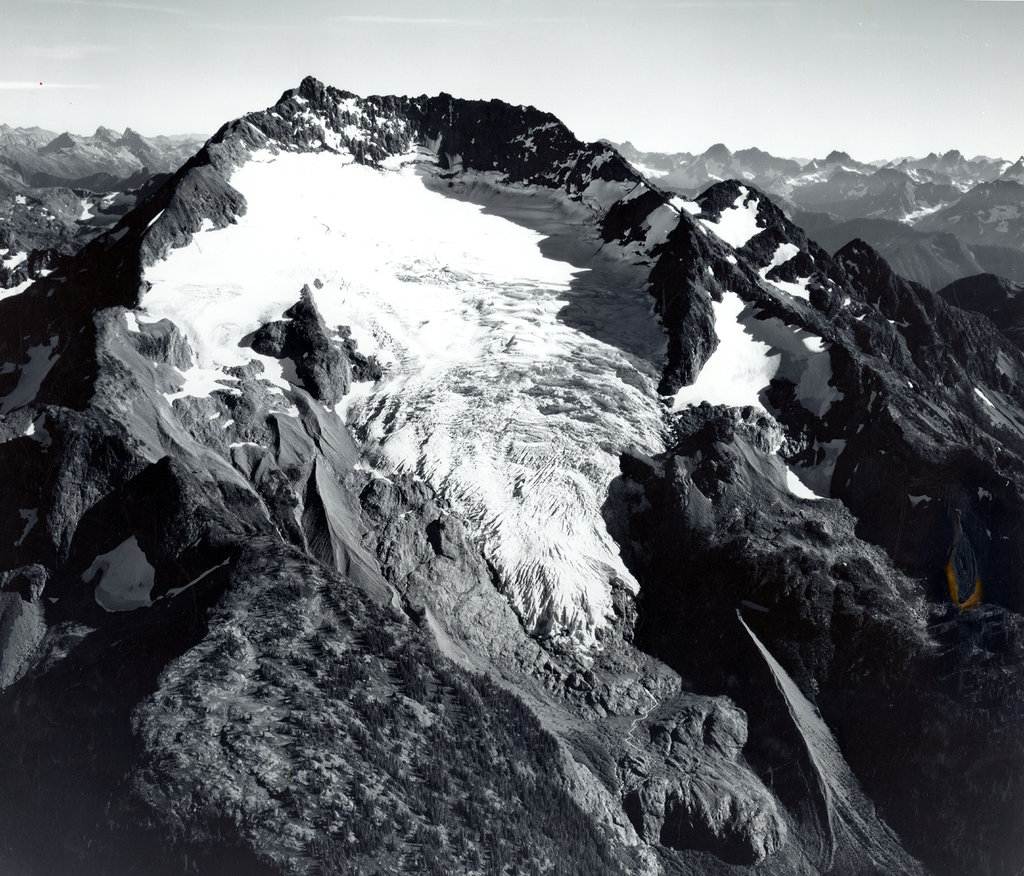
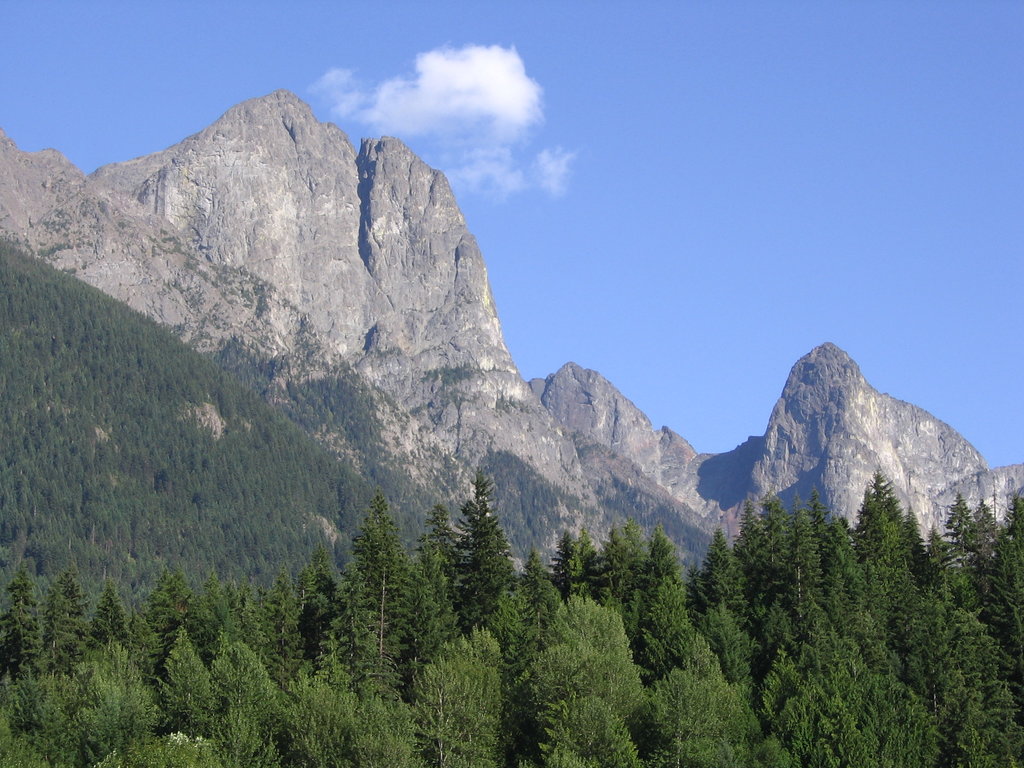
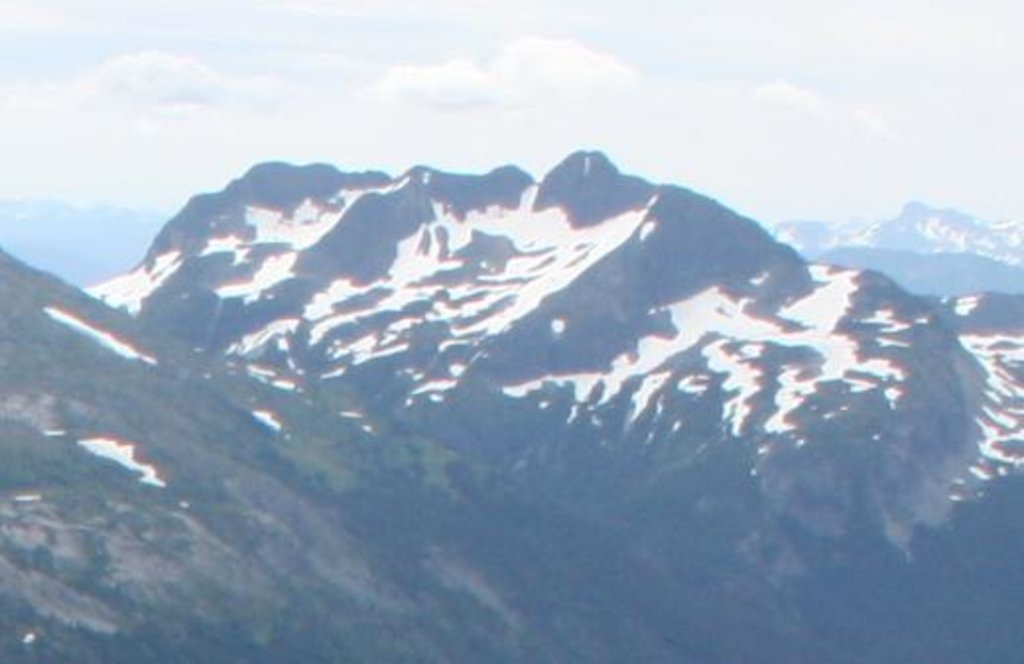
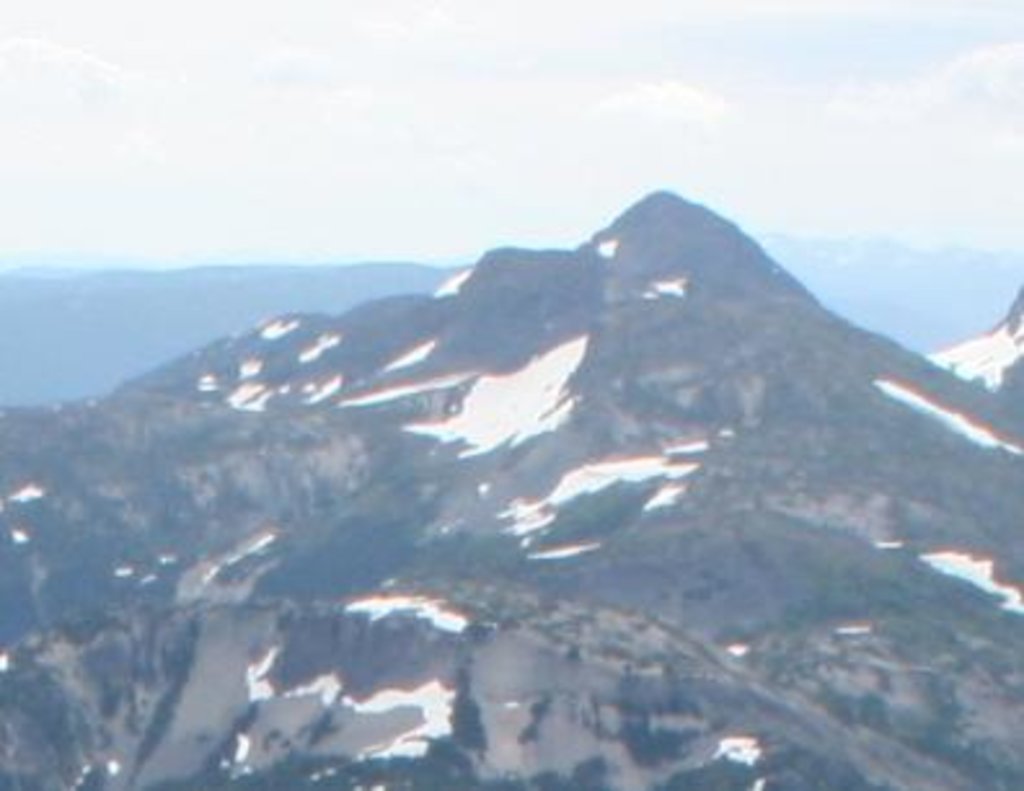

glacier
cascade-range-9000ers
washington-bulger
smoots-100
mountaineers-cascade-classic
glacier
cascade-range-9000ers
washington-bulger
smoots-100
mountaineers-cascade-classic
